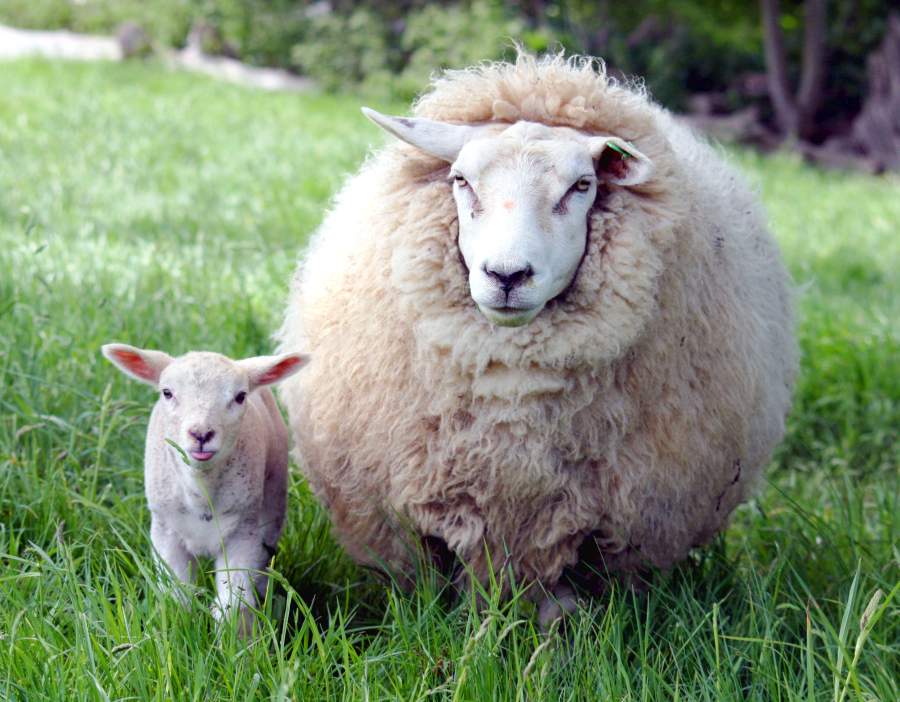
In order to reduce antimicrobial use on farm, sheep producers are being encouraged by AHDB to vaccination so enzootic abortion is better controlled.
Caused by the bacteria Chlamydia abortus, enzootic abortion of ewes (EAE) is the most commonly diagnosed cause of abortion and is responsible for around 50% of sheep abortions in the UK.
Bacteria are transmitted sheep to sheep, as pasture or bedding is contaminated by aborted or infected lambs.
Once a flock has the disease it is unlikely that it will disappear due to its persistence in carrier sheep.
Once a ewe is infected she is more than likely to abort in the next pregnancy, ewes that abort due to enzootic abortion should be culled.
Antimicrobial resistance
In the face of an abortion storm, producers’ only option is to isolate aborted sheep for at least three to four weeks to reduce the spread.
AHDB Beef & Lamb said that an injection with a long-acting oxytetracycline antibiotic will reduce the risk of further abortions of other ewes in the group, ideally after a lab test confirms diagnosis.
However, AHDB said that many producers are choosing to use unnecessary whole flock antibiotic treatments as a preventive measure year after year, which could contribute to antimicrobial resistance.
AHDB said there is a common misconception that the high-risk behaviour of using antibiotics just in case of abortions and without any diagnosis is a cheaper way to treat abortion than vaccination.
However, the levy board said ewes will only need to be vaccinated once, so the £2-3 cost can be spread over their productive lifetime. This is less than the cost of repeated antibiotic treatments.
